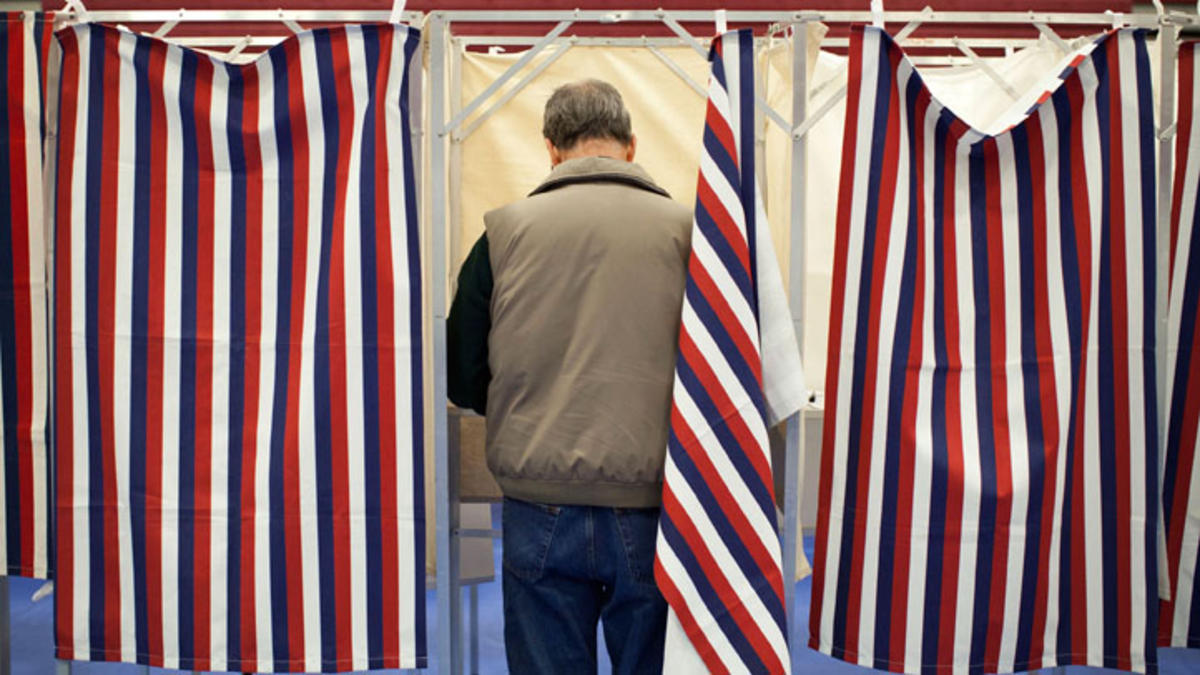“I had hoped that this would be a campaign only about ideas … but unfortunately, this has been a very different election year.” – Marco Rubio, February 28, 2016
The description of politics as blood sport has seldom been so apt: The 2016 presidential campaign has, from the start, been a bare-knuckle, back-alley melee, with candidates mocking their rivals’ spray tans, small hands, and even their fathers, who may or may not have been photographed with Lee Harvey Oswald. History suggests our politicians showed more decorum even in 1804, when Vice President Aaron Burr dispatched Alexander Hamilton in a duel.
 The government’s other two branches have their own challenges. The U.S. Supreme Court, short a justice since the February death of Antonin Scalia, is now positioned to answer the nation’s most pressing legal questions with a 4-4 ideological tie. Congress is particularly reviled: A 2013 Gallup poll found that just ten percent of respondents felt “quite a lot” of confidence in the legislative branch. That was down from forty-two percent in 1973, when the nation was divided by Vietnam and an international oil crisis.
The government’s other two branches have their own challenges. The U.S. Supreme Court, short a justice since the February death of Antonin Scalia, is now positioned to answer the nation’s most pressing legal questions with a 4-4 ideological tie. Congress is particularly reviled: A 2013 Gallup poll found that just ten percent of respondents felt “quite a lot” of confidence in the legislative branch. That was down from forty-two percent in 1973, when the nation was divided by Vietnam and an international oil crisis.
“Part of the problem is the structure of our political system,” said Dr. Robert Speel, associate professor of political science at Penn State Behrend. “Those checks and balances, which Americans hold so dear, may have worked in 1787, but in modern times, they just lead to deadlock. All three branches of government block the others from doing anything. It’s setting us up for political disaster.”
Speel has studied the parliamentary systems in Canada and Great Britain. He sees one advantage there.
“When they find themselves in a budget crisis, they hold a vote of no-confidence,” he said. “They throw out the parliament and hold new elections immediately. With that option, you no longer have two parties in a budget standoff that can freeze progress on everything.”
He said that in March, nine months into a Pennsylvania budget impasse that delayed $7 billion in state funding for roads, parks, social services and schools, including Penn State.
“Knock the crap out of them, would you? Seriously. I will pay for the legal fees.” – Donald Trump, February 1, 2016
Parliamentary systems have their own flaws – particularly in Taiwan, where debate-floor brawls are common. Speel would argue first for a different fix: an open primary system, which would reward candidates who move to the center.
“When local partisan voters choose their candidates, you amplify the voices of hard-core party activists,” he said. “Candidates have to court the extreme positions in each party, and that leads to even more polarization.”
To counter that, California and Washington state have adopted a “top-two” primary model, in which the top vote-getters, regardless of party, square off in the fall. “That gives all candidates an incentive to appeal to moderate voters,” Speel said.
Many of the legislative districts those voters live in also should be redrawn, said Dr. John Gamble, distinguished professor of political science and international law and director of the college’s honors programs. Districts often are redrawn following the decennial census – generally to the benefit of the party then in power.
“Partisan politics should not be involved when we draw the boundaries for congressional districts,” Gamble said. “We ought to have uniform laws in all fifty states for that.”
Seven states, including California, have established bipartisan or nonpartisan legislative commissions that are tasked with drawing more representative congressional districts. “They draw districts that make sense on a map, rather than benefiting one party or the other,” Speel said.
“Mr. President, the world’s dying to know: Is it boxers or briefs?” – Laetitia Thompson, questioning former President Bill Clinton, April 19, 1994
Donald Trump is not the first political candidate to throw mud from a gutter. He just does it with more gusto.
The shift to tavern-talk politics dates back at least to Bill Clinton, Gamble said. Before Clinton, no sitting president had discussed on television his preferred style of underwear.
“He never should have answered that,” Gamble said. “You have to set some limits. He should have said, ‘That’s none of your business.’”
Subsequent campaigns have only lowered the bar. Gamble expects more of the same through the fall election.
“Over time, the system will correct itself,” he said. “But the American people have a long history of getting right up to the edge of the cliff before we realize we’re about to fall off. I don’t think we’re quite there yet.
“This is a very serious business, however, and I don’t think we say that enough. The decisions that are made by a president can directly affect the lives of millions of people. Let’s not forget that.”